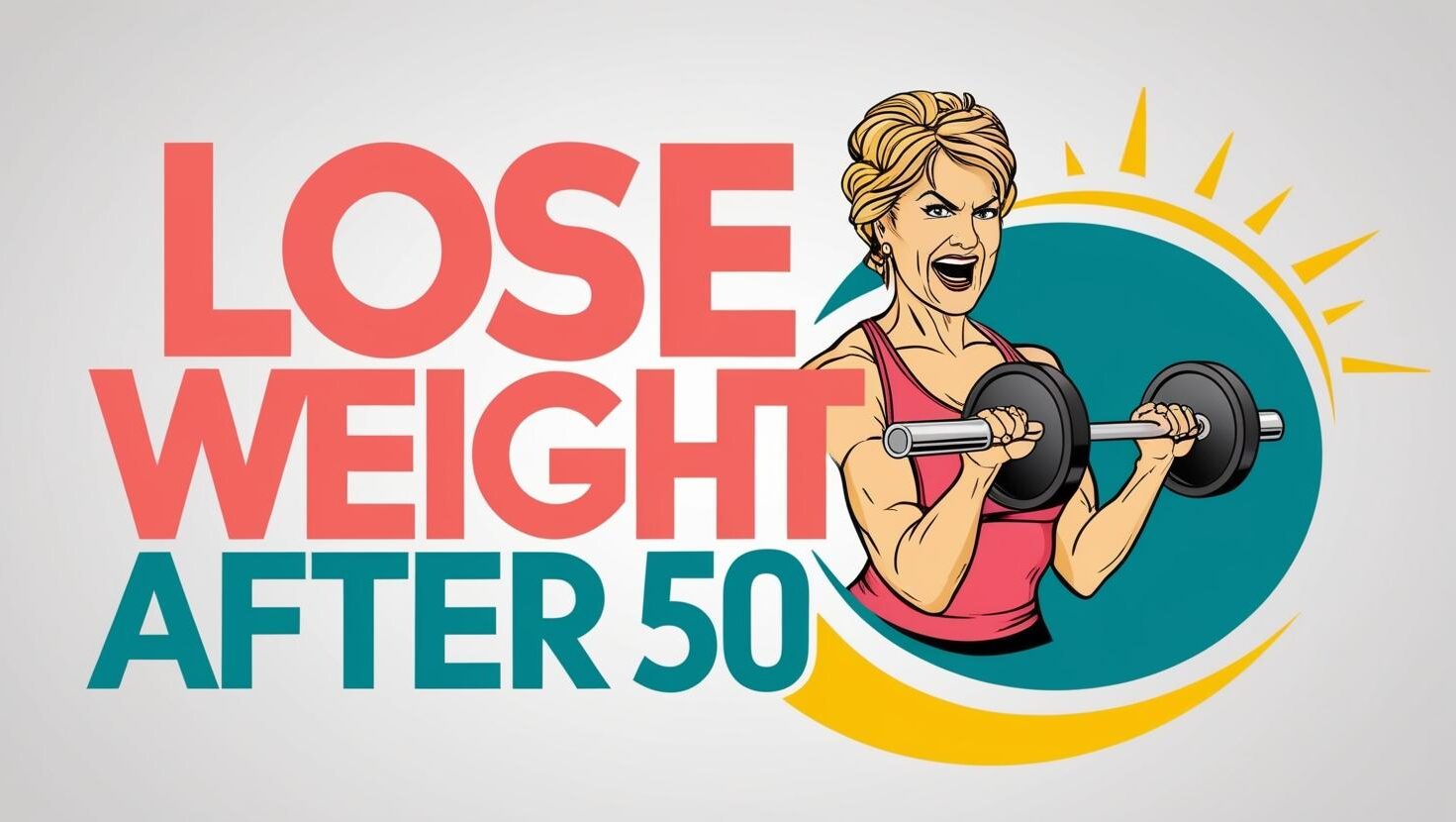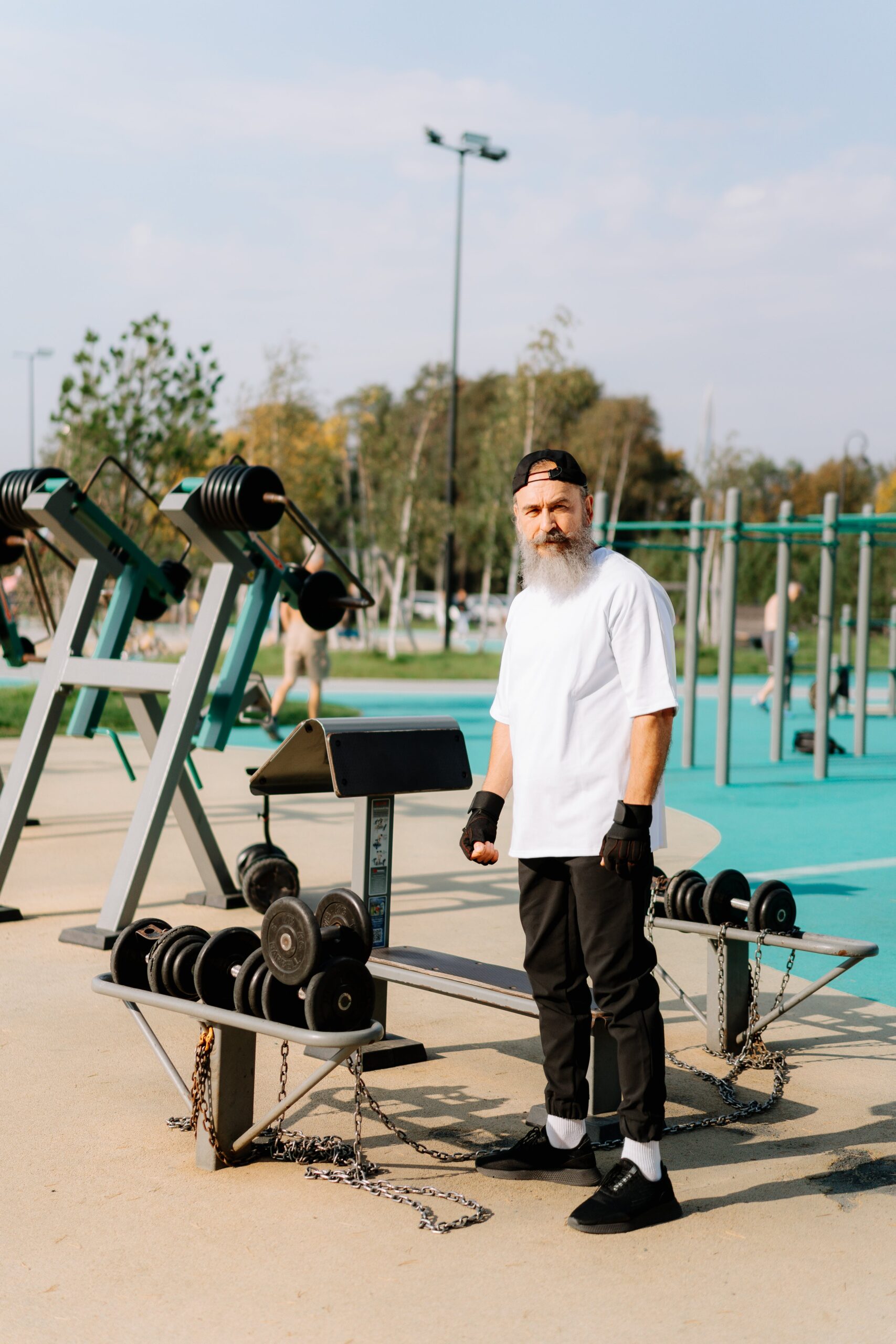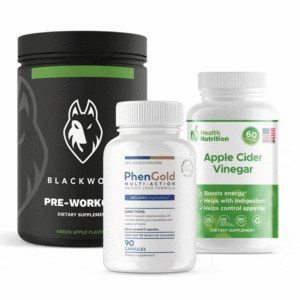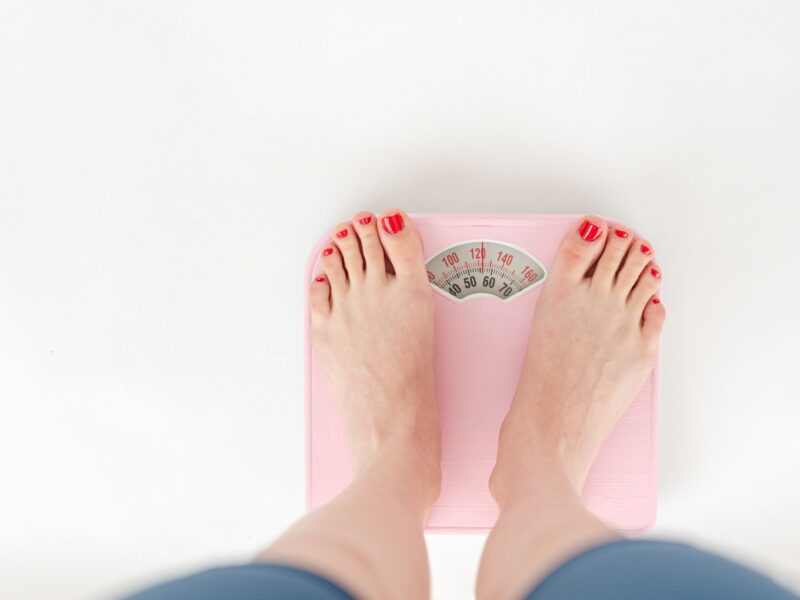This page contains affiliate links, meaning I get a commission if you decide to make a purchase through my links, at no additional cost to you.
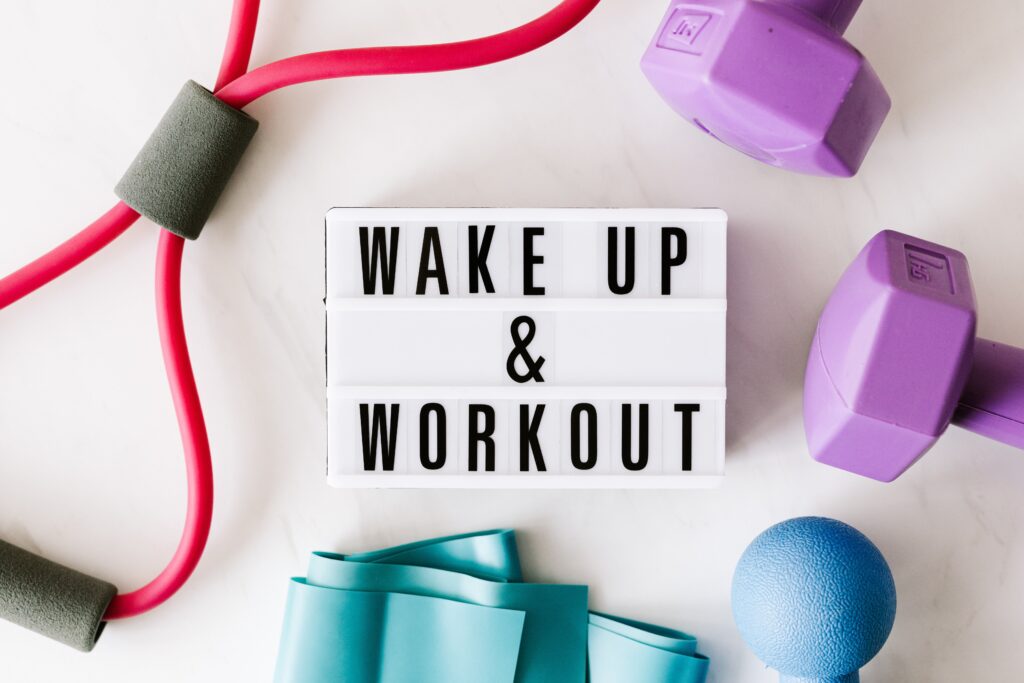
Losing weight, a task that can be challenging at any age, becomes particularly difficult after the age of 50. As we age, our metabolism slows down, muscle mass decreases, and hormonal changes occur, making the task to lose weight more elusive. However, with the right strategies and lifestyle changes, it is possible to shed those extra pounds and maintain a healthy weight. This comprehensive guide will explore the best ways to lose weight after 50, providing valuable insights and practical tips for boosting your metabolism and reaching your weight loss goals.
Understanding the Challenges
Before delving into the best ways to lose weight after 50, it’s important to understand the unique challenges that come with age. As we age, our muscle mass naturally declines, resulting in a slower metabolism. Hormonal changes, such as decreased estrogen in women and testosterone in men, further contribute to weight gain. Additionally, poor dietary choices and a sedentary lifestyle can exacerbate the problem. However, by addressing these weight loss challenges head-on, you can overcome them and start your journey to lose weight.
Make Strength Training a Priority

One of the most effective ways to combat age-related muscle loss and boost metabolism is through regular strength training or weight training. Muscle building exercises, such as weightlifting, resistance training, and bodyweight exercises, help build and maintain muscle mass. By incorporating these exercises into your routine at least twice a week, you can increase your muscle gain, improve bone health, and enhance your body’s ability to burn calories.
Strength training doesn’t have to be intimidating or require expensive equipment. Simple bodyweight exercises like squats, push-ups, and lunges can be done at home or in a gym setting. If you’re new to strength training, consider working with a personal trainer who can guide you through proper form and technique. Remember to start with lighter weights and gradually increase the intensity as your strength improves.
Boost Protein Intake
Protein is a crucial nutrient for weight loss, especially for individuals over 50. As we age, our protein needs increase to support muscle maintenance and repair. Including adequate protein in your diet can help prevent muscle loss, increase metabolism, and promote satiety, reducing the likelihood of overeating. So, how much protein should you eat to lose weight? The answer varies, but ensuring a consistent protein intake can be beneficial for weight loss and is crucial in determining how much protein to lose weight.
Good sources of protein include lean meats like chicken, turkey, and fish, as well as plant-based options like beans, lentils, and tofu. Aim to incorporate protein into each meal and snack throughout the day. Including protein-rich foods in your breakfast, such as eggs or Greek yogurt, can help jumpstart your metabolism and keep you feeling full until your next meal. This protein-rich foods list can be a helpful guide.
Consider Intermittent Fasting
Intermittent fasting is an eating pattern that involves alternating between periods of fasting and eating. This approach can be particularly beneficial for weight loss and overall health. By extending the fasting period, your body has more time to burn through stored fat, leading to weight loss. Intermittent fasting for weight loss can be a powerful tool, with many experiencing significant intermittent fasting results.
There are different intermittent fasting methods you can try, such as the 5:2 method or the 16/8 method. The 5:2 method involves restricting calorie intake to 500-600 calories for 1-2 days a week and eating a normal diet on the other days. The 16/8 method involves fasting for 16 hours and restricting eating to an 8-hour window each day. These methods can be particularly effective for intermittent fasting for women over 50.
Before starting intermittent fasting, it’s essential to consult with a healthcare professional, especially if you have any underlying health conditions or take medications that may be affected by fasting.
Prioritize Quality Sleep
Getting sufficient and quality sleep is crucial for overall health and weight management, especially for individuals over 50. Lack of sleep can disrupt appetite-regulating hormones, leading to increased hunger and cravings, as well as decreased motivation to exercise.

Aim for 7-9 hours of sleep per night and establish a consistent sleep schedule. Create a relaxing bedtime routine, avoid electronic devices before bed, and ensure your sleep environment is comfortable and conducive to restful sleep. If you struggle with falling asleep or staying asleep, consider implementing relaxation techniques like deep breathing or meditation.
Manage Stress Levels
Stress management can have a significant impact on weight management, leading to emotional eating and a sedentary lifestyle. Additionally, chronic stress triggers the release of cortisol, a hormone associated with weight gain, particularly in the abdominal area or belly fat.

To manage stress effectively and promote mindful eating, incorporate stress-reducing activities into your daily routine. Practice deep breathing exercises, engage in regular physical activity, try mindfulness meditation, or pursue hobbies that bring you joy. Surround yourself with a strong support system and seek professional help if needed.
Adopt a Whole-Foods Based Diet
Eating a nutrient-dense, whole-foods based diet is crucial for weight loss and overall health. Healthy foods, such as fruits, vegetables, lean proteins, whole grains, and healthy fats, provide essential nutrients while being lower in calories and processed ingredients. A high protein diet plan, including high protein low carb meals, can be particularly beneficial for weight loss.
Fill your plate with a variety of colorful fruits and vegetables that are rich in vitamins, minerals, and fiber. Choose high protein foods like chicken, fish, and legumes, and opt for whole grains like quinoa, brown rice, and whole wheat bread. Incorporate healthy fats from sources like avocados, nuts, and olive oil. Don’t forget to include protein-packed snacks such as protein bars, protein shakes or even a protein powder for weight loss.

Cook Meals at Home
Meal prep at home gives you more control over the ingredients and portion sizes, making it easier to manage your calorie intake and maintain a calorie deficit. It also allows you to experiment with different flavors and cooking techniques, making healthy eating more enjoyable. Having meal plans can further assist in portion control and meal timing, while avoiding saturated fats and opting for low calorie foods and snacks.

Start by planning your meals for the week and creating a shopping list based on your whole foods diet plan. Choose recipes that focus on whole, unprocessed ingredients and experiment with herbs and spices to add flavor without excess calories. Consider batch cooking and meal prepping to save time and ensure you have healthy options readily available.
Stay Hydrated
Maintaining hydration by drinking an adequate amount of water is often overlooked but plays a vital role in weight loss and overall health. Staying hydrated helps regulate appetite, improves digestion, and boosts metabolism. Additionally, thirst can sometimes be mistaken for hunger, leading to unnecessary snacking and calorie consumption.
Make it a habit to maintain your hydration by drinking water throughout the day and carry a reusable water bottle with you wherever you go. Aim to meet your water intake goal of at least 8 cups (64 ounces) of water per day, or more if you are physically active or live in a hot climate. If you find plain water boring, try infusing it with fruits or herbs for added flavor.
Get Moving Throughout the Day
Staying active throughout the day is essential for weight management and fat loss, especially if you have a sedentary job. Incorporate movement into your daily routine by taking short walks, running, using the stairs instead of the elevator, or doing household chores.
Consider investing in a fitness tracker or pedometer to monitor your daily steps and set goals for increasing your activity level for fat loss. Aim for a minimum of 7,000-10,000 steps per day, gradually increasing as your fitness improves, whether it’s through walking or running.
Find an Exercise Routine You Enjoy
Regular exercise, like cardio exercises, is essential for overall health and fat loss. Find physical activities that you enjoy and incorporate them into your routine. Whether it’s dancing, swimming, cycling, or yoga, find activities that keep you motivated and make you happy.

Consider joining group classes or finding exercise buddies to make your cardio exercises more enjoyable and hold yourself accountable. Mix up your routine to prevent boredom and challenge your body in different ways. Remember to listen to your body and modify exercises as needed to prevent injury.
Stay Consistent and Patient
Weight loss after 50 may not happen as quickly as it did when you were younger. It’s important to stay patient and consistent with your efforts to lose weight. Set realistic weight loss goals and focus on making sustainable lifestyle changes rather than relying on quick fixes or fad diets.
Keep a journal to track your progress, celebrate small victories, and learn from any setbacks. Remember that weight loss is a journey, and every step forward, no matter how small, brings you closer to your goals to lose weight.
Consult with a Healthcare Professional
If you’re struggling to lose weight or have any underlying health conditions, it’s always a good idea to consult with a healthcare professional. They can provide personalized guidance based on your specific needs and help you develop a safe and effective weight loss plan.

Your healthcare provider may also assess any medications you’re taking, as some medications can affect weight loss efforts. They can work with you to find alternatives if necessary.
Final Thought: Best Ways To Lose Weight After 50
Losing weight after 50 is certainly challenging, but it’s not impossible. By implementing these best practices, such as strength training, increasing high protein intake, intermittent fasting for women over 50, prioritizing sleep, managing stress, adopting a whole-foods based diet, cooking meals at home, and staying hydrated, you can boost your metabolism, achieve your weight loss goals and maintain a healthy weight. Remember to stay patient, be consistent, and seek support from healthcare professionals or a support network when needed. With determination and the right strategies, you can enjoy a healthier and happier lifestyle after 50.
Additional Information: It’s important to note that weight loss should always be approached in a healthy and sustainable manner. Crash diets or extreme calorie restriction can be detrimental to your health, especially as you age. It’s essential to focus on nourishing your body with high protein, nutrient-dense foods, staying physically active, and maintaining a positive mindset throughout your journey to lose weight and boost your metabolism.
Disclaimer: This article is for informational purposes only and should not be considered medical advice. Always consult with a healthcare professional before starting any weight loss program or making significant changes to your diet or exercise routine.
